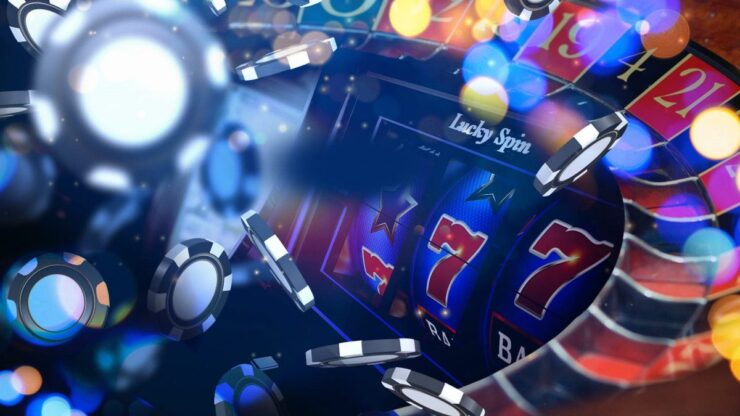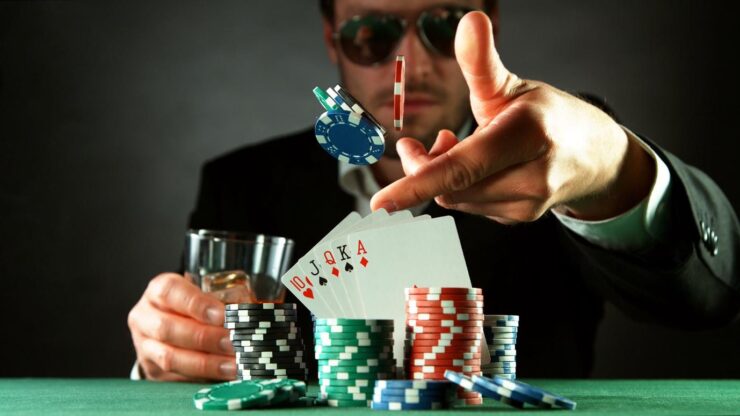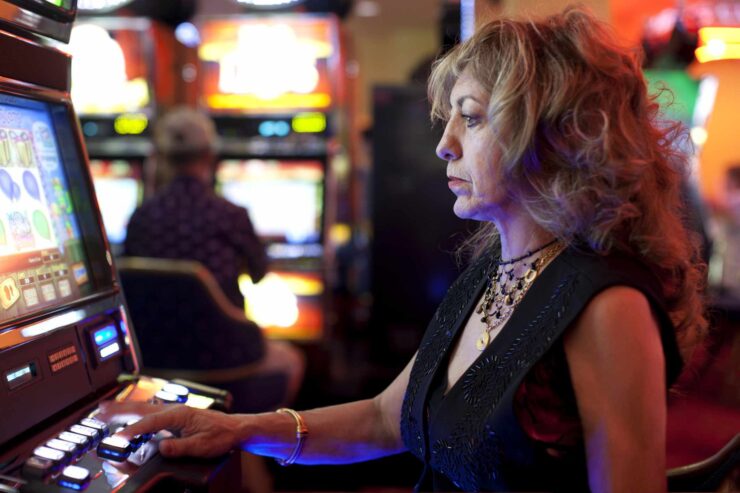Betting often sparks debates about numbers versus chance. Is success determined by cold, hard math, or does fortune have the final say? Let’s break it down, uncover the truth, and figure out what drives wins and losses at the tables, slots, and sports arenas.
Key Points
- Numbers form the foundation of predictions.
- Chance disrupts even flawless strategies.
- Knowing the odds is essential for better decisions.
- No foolproof system guarantees consistent wins.
- Perception of control is often misleading.
The Math Behind Betting: Does It Always Work?

Betting often feels scientific. You calculate odds, assess probabilities, and hope the numbers align in your favor. Platforms like wheretospininkuwait.com help players understand odds, review casino sites, and find secure, reliable gaming environments.
Mathematics shapes casino games at every level. House edges, payout percentages, and random number generators keep games running fairly yet profitably for casinos. Probability models suggest long-term trends. Yet individual outcomes remain unpredictable.
Practical Example: Roulette Odds
A single-zero roulette wheel offers a payout of 35 to 1 for a straight-up bet. However, the actual probability of winning is 1 in 37, giving the house its edge. Despite your calculations, the outcome of any spin can surprise you.
Pro Tip:
Use math to guide your choices, but expect unpredictability in the short term.
Chance vs. Strategy: Why Both Matter

Strategies add structure to your betting decisions. They create a sense of control, but they aren’t invincible. Games rely on random outcomes to keep things exciting. Even skilled players face setbacks when chance intervenes.
Why Strategies Fail:
- Randomization: Slot machines and dice rolls generate results no one can control.
- Cognitive Bias: People see patterns where none exist, leading to poor decisions.
- Game Mechanics: Casinos design games to maintain their long-term advantage.
Recommendations:
- Stick to games where skill can reduce randomness, like poker or blackjack.
- Learn the basics of probability to avoid unrealistic expectations.
- Be flexible enough to adapt when outcomes don’t go your way.
Is It All Numbers? The Truth About Casino Games
Every casino game balances math and chance. Slot machines rely entirely on randomness, while poker blends skill with fortune. Understanding these differences can help you decide where to place your bets.
Key Benefits of Knowing Odds:
- Better Decision-Making: Choose games that match your skills.
- Risk Management: Avoid bets with the highest house edge.
- Long-Term Planning: Understand the potential for wins and losses over time.
How Numbers Help but Don’t Rule
Numbers tell part of the story. They explain how often you might win but not when or how much. Games like sports betting add extra layers of complexity. External factors, such as injuries or weather, can throw even the most calculated predictions off track.
Tips for Managing Unpredictability:
- Focus on managing your bankroll.
- Keep bets proportionate to your total budget.
- Avoid emotional decisions when unexpected outcomes arise.
The Role of “Luck” in Gambling Games

Fortune plays a mysterious yet undeniable role in the world of betting. It’s why new players sometimes win big, and seasoned pros occasionally lose. Random events keep outcomes exciting, even for games rooted in math.
Casinos and Fortune:
- Slot machines use near misses to encourage prolonged play.
- Bonus features, like free spins, capitalize on the belief that a jackpot is imminent.
- Random outcomes ensure no single player dominates the table.
Tips for Smarter Betting Decisions
Preparation makes a big difference when approaching casino games. Numbers inform your choices, but staying grounded is essential.
- Set strict limits for losses and stick to them.
- Research odds for games you’re unfamiliar with.
- Take regular breaks to reset and avoid chasing losses.
- Play for enjoyment, not as a source of income.
Balancing Skill and Chance
Skill gives you an edge in games like poker, but it doesn’t eliminate chance. Even the most experienced players face bad hands. Roulette, on the other hand, depends entirely on probability. Recognizing this distinction is crucial for success.
Practical Example: Blackjack Strategy
A player using basic blackjack strategy can lower the house edge to around 0.5%. However, even the best strategy won’t stop the dealer from drawing a lucky 21.
Emotional Control: The Unsung Factor in Success

Success in betting isn’t just about numbers or chance. Emotional control plays a vital role in making sound decisions. Many players lose more than they intend because they let emotions dictate their actions.
Common Emotional Pitfalls:
- Chasing Losses: Attempting to recover losses often leads to bigger setbacks.
- Overconfidence: Winning streaks can make you feel invincible, leading to reckless bets.
- Frustration: A string of bad outcomes can push players into making impulsive decisions.
Pro Tips for Managing Emotions:
- Step away if you feel overwhelmed or frustrated.
- Set time limits to avoid fatigue clouding your judgment.
- Celebrate small wins but don’t let them inflate your confidence.
By maintaining emotional balance, you can make more calculated and less impulsive choices, giving yourself a better chance to walk away satisfied.
FAQs
- What games offer the best odds?
Blackjack and baccarat typically offer lower house edges. Slots and keno, on the other hand, rely heavily on chance and have higher house edges. - How much should I bet at once?
Experts recommend wagering no more than 1-5% of your bankroll on a single bet. - Can math guarantee consistent wins?
Math helps predict trends but cannot guarantee specific outcomes due to randomness in the short term. - What is the house edge?
The house edge is the mathematical advantage casinos have in a game, ensuring long-term profitability. - Are slot machines truly random?
Yes, slots use random number generators to ensure unpredictable results. - Should I play skill-based games over chance-based ones?
Choose based on your comfort and knowledge. Skill-based games offer better control, but chance-based games provide pure entertainment.
Betting isn’t just about crunching numbers or relying on fortune. It’s a mix of preparation, understanding odds, and knowing when to walk away. By balancing math with a healthy respect for randomness, you can enjoy the experience without unrealistic expectations.

